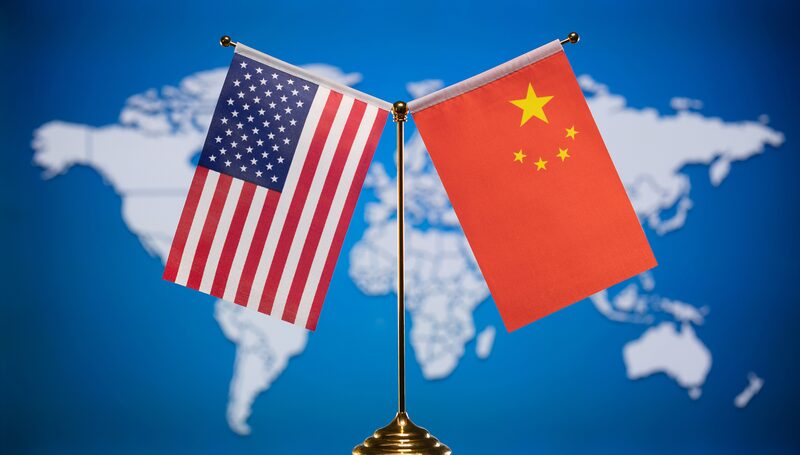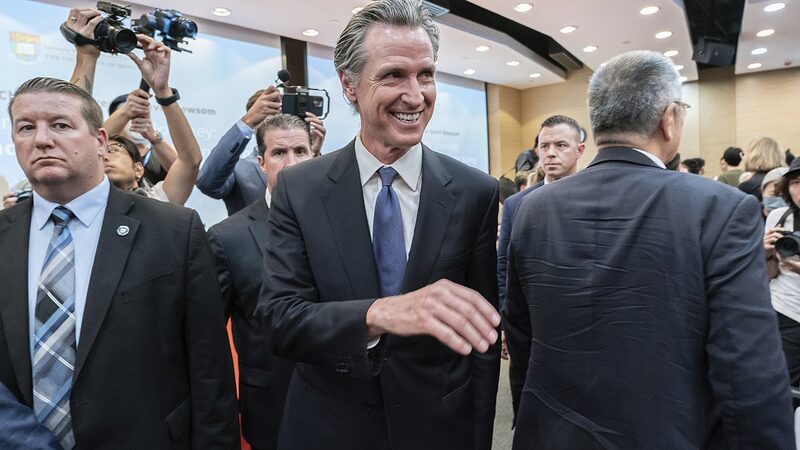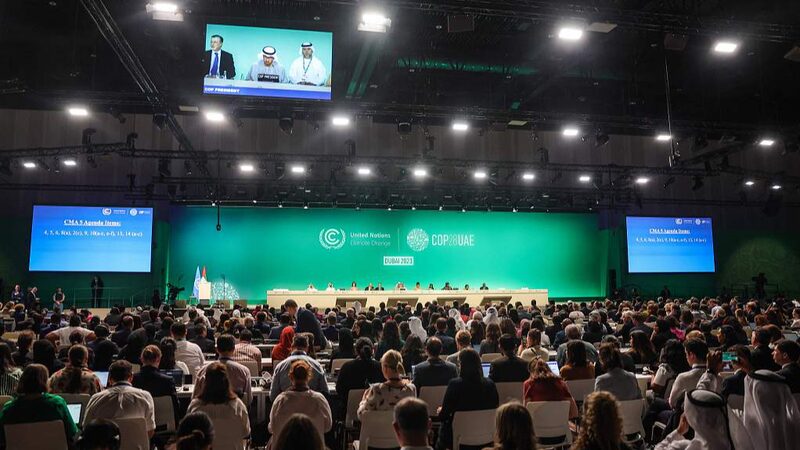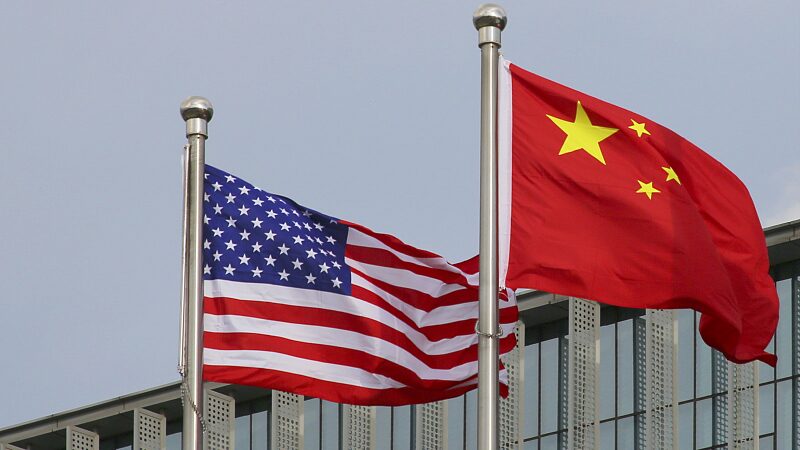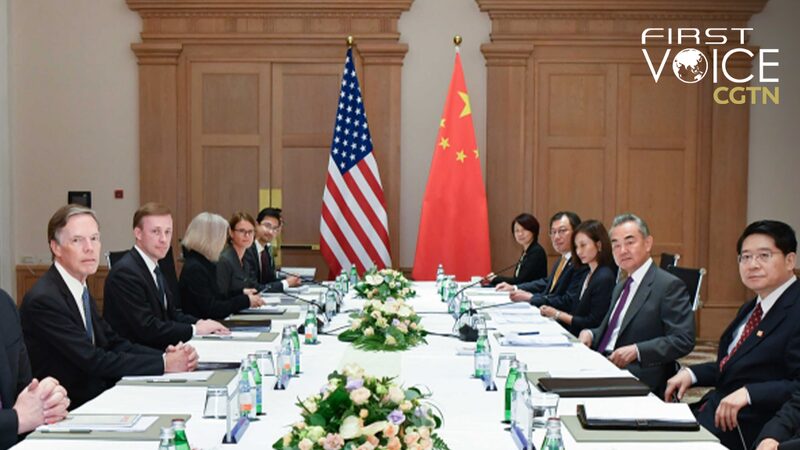Climate cooperation has emerged as a pivotal aspect of the evolving relationship between China and the U.S., signifying a mutual recognition of the global importance of addressing climate change. As preparations for the upcoming COP28 summit in the UAE intensify, both nations are engaging in dialogues to manage differences and build consensus on environmental issues.
In July, U.S. Special Presidential Envoy for Climate John Kerry visited China to promote climate cooperation, aiming to reduce tensions and foster collaboration. Recently, California Governor Gavin Newsom’s visit to China revitalized climate diplomacy between the two countries. His week-long tour included visits to a wetland nature reserve, an offshore wind farm, Shanghai’s Tesla gigafactory, and Shenzhen’s fully electric bus fleet.
During his visit, Governor Newsom signed a Memorandum of Understanding with Shanghai to enhance cooperation in renewable energy development, environmental protection, and climate change adaptation. This agreement highlights the potential for joint efforts in green development and underscores the importance of increased dialogue to foster practical cooperation and reduce misunderstandings.
The recent engagements demonstrate that climate change is a domain where China and the U.S. can engage in open dialogue. Both nations need to set aside geopolitical differences to address this global challenge effectively. By collaborating on climate initiatives, China and the U.S. can strengthen comprehensive bilateral relations and set an example for global political cooperation.
Governor Newsom’s moderate stance emphasizes the opportunity for China and the U.S. to redefine their diplomatic ties and lead global efforts against climate change through cooperation. If the U.S. approaches the climate change issue with sincerity, it can foster collaboration rather than competition. China’s commitment to peak carbon dioxide emissions by 2030 and achieve carbon neutrality by 2060 has been widely appreciated. The fight against climate change would be more effective if developed countries, including the U.S., follow suit and take responsibility for their actions.
As the world faces the pressing challenge of global warming, China and the U.S., as major emitters, have a crucial role to play. Continued dialogue and cooperation between the two nations are essential for the benefit of both countries and the international community. By working together, they can pave the way for meaningful progress at COP28 and beyond, demonstrating that collaboration is key to addressing global issues.
Reference(s):
cgtn.com
